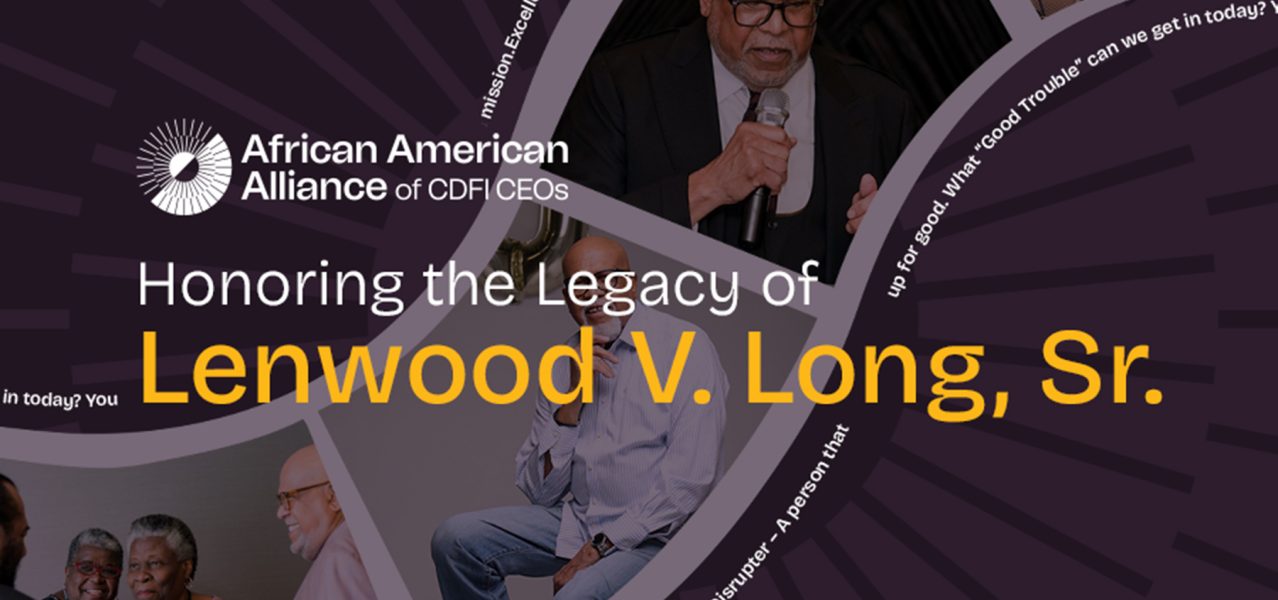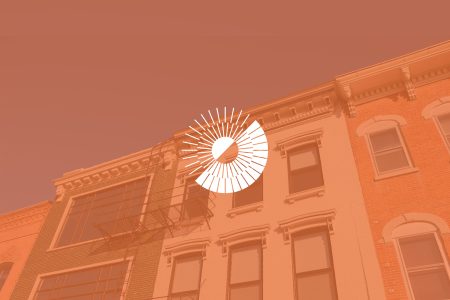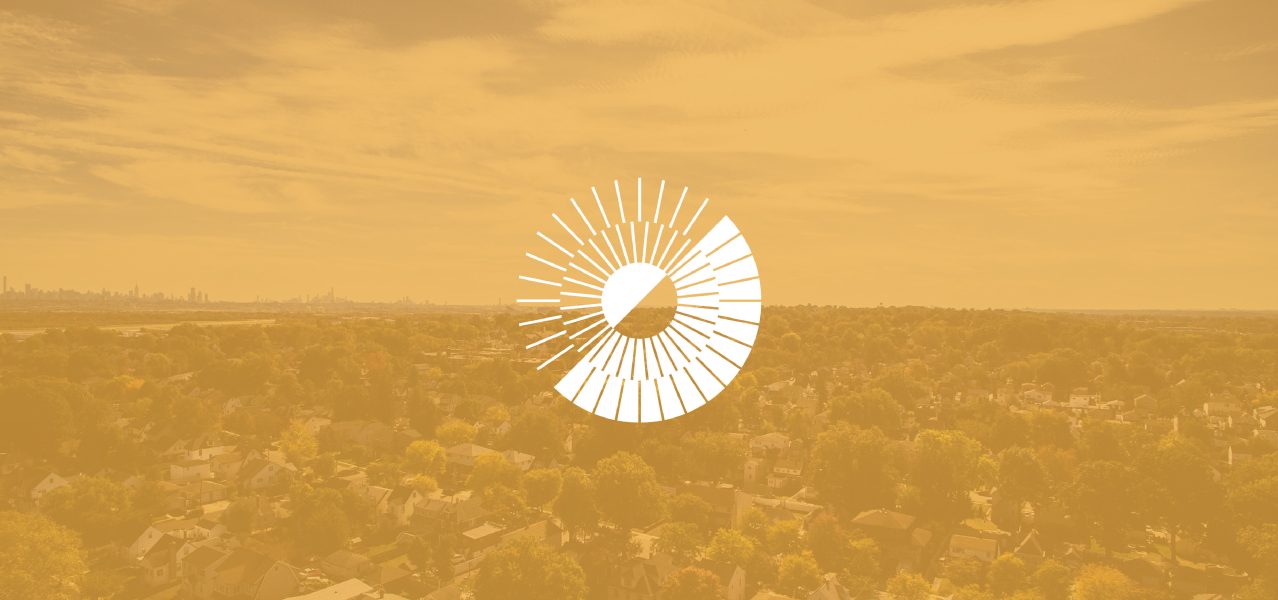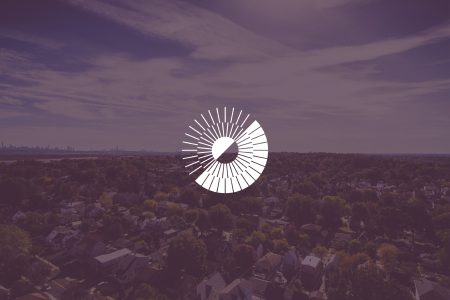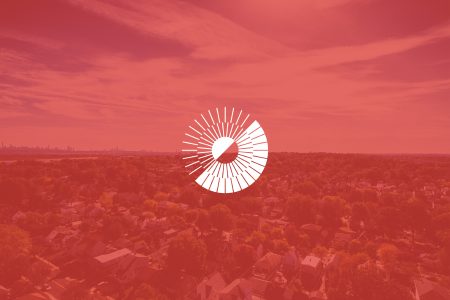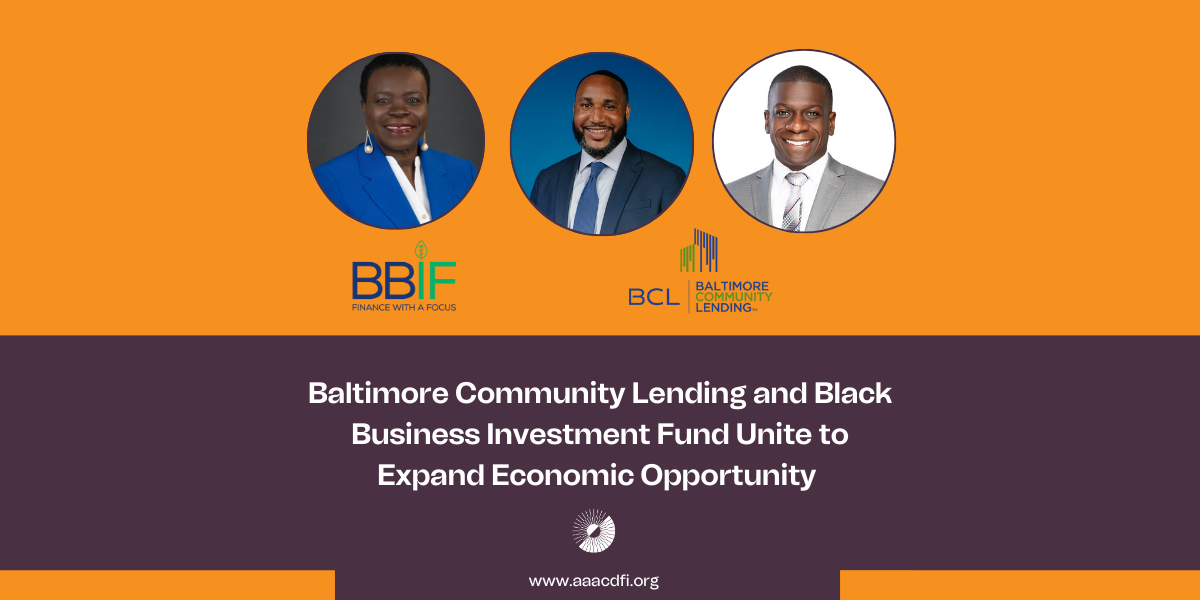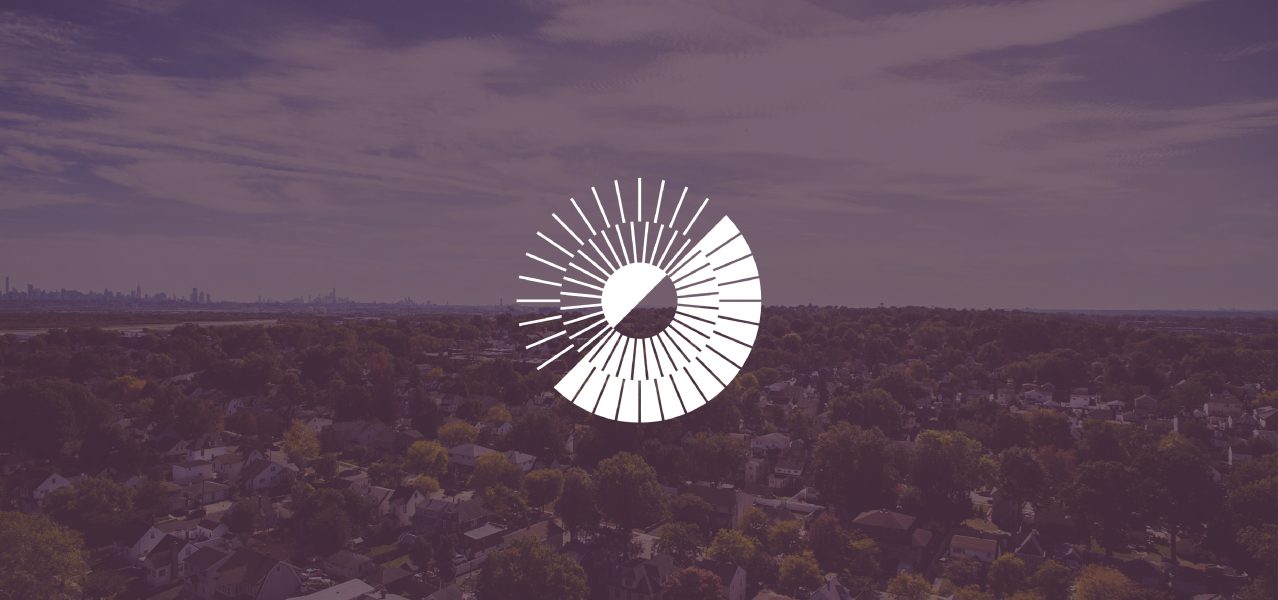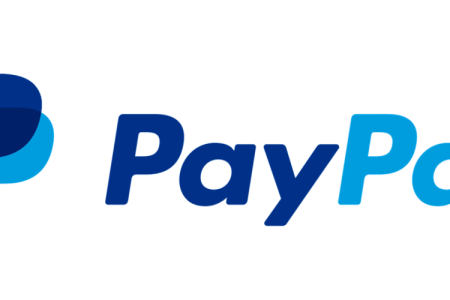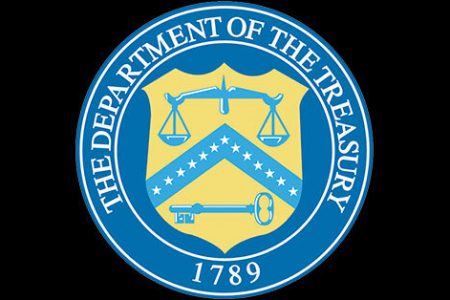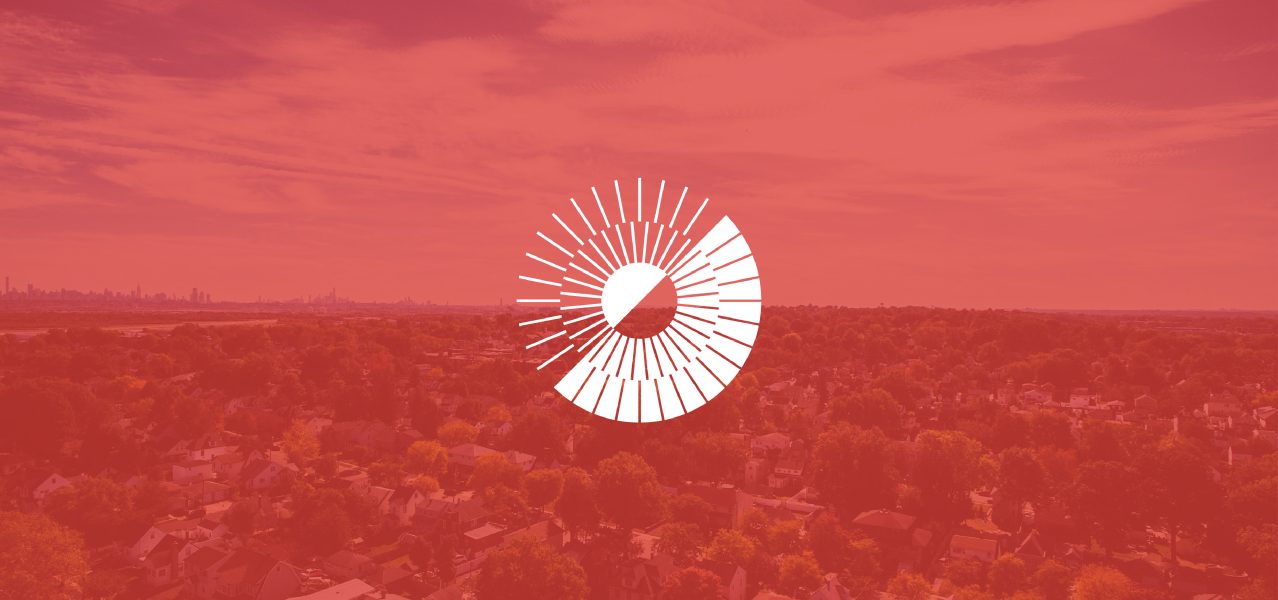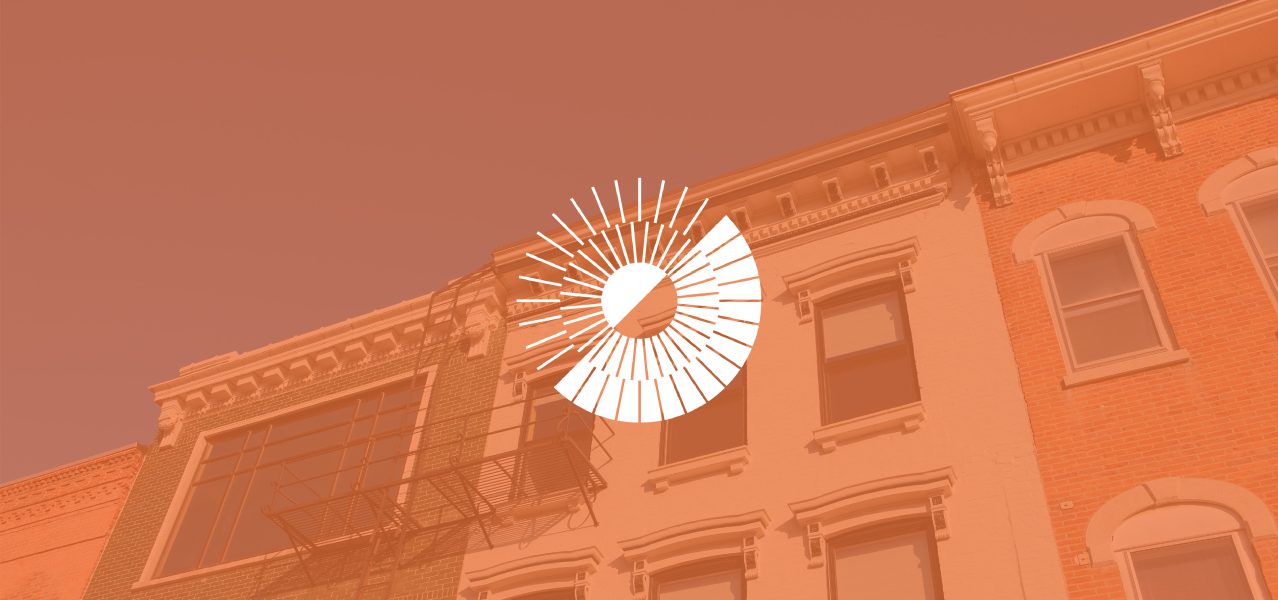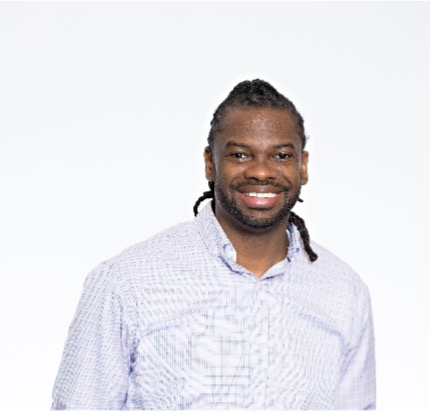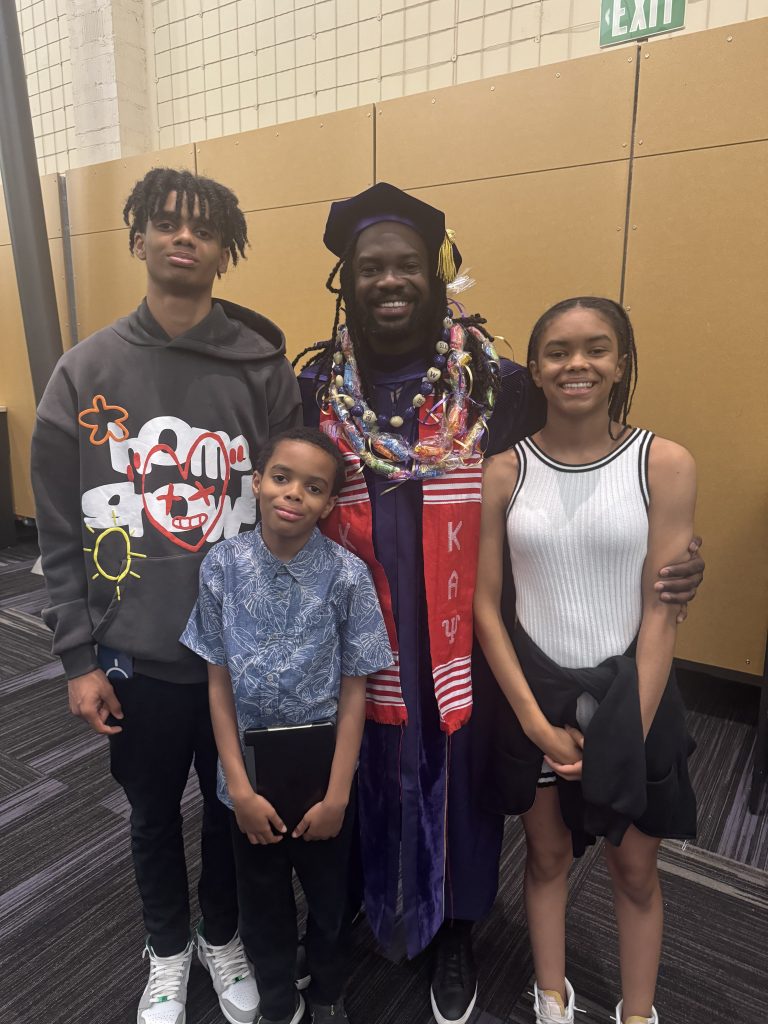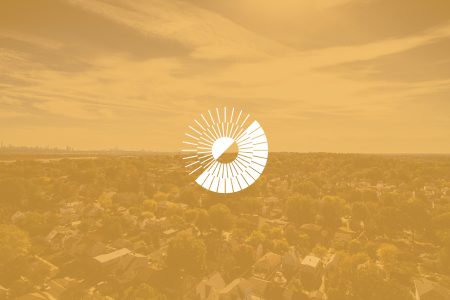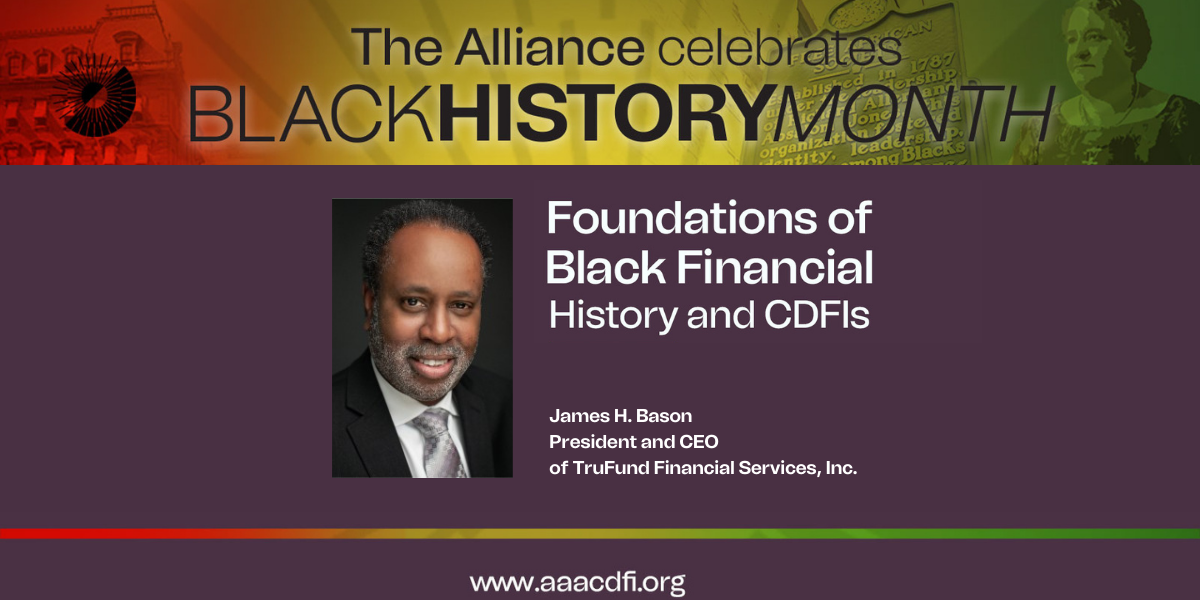Dear friends and allies,
Today, I write to you with a heart full of gratitude—and yes, with a bit of bittersweet emotion—as I announce that I will be retiring as CEO of the African American Alliance of CDFI CEOs at the end of 2025.
This decision did not come easily. How could it, when this work has been my life’s calling? Since that powerful gathering in February 2018— when 22 Black CDFI CEOs gathered in Raleigh (picture below) to launch this bold vision, I have had the honor of helping guide and grow what we now know as a national force for economic justice. What began as a convening of committed leaders is now a thriving coalition of more than 80 CEOs representing Black-led CDFI loan funds, credit unions, and venture capital funds in all 50 states and the District of Columbia. We also added Associate Membership of more than 29 members which we nurture to become certified CDFIs.
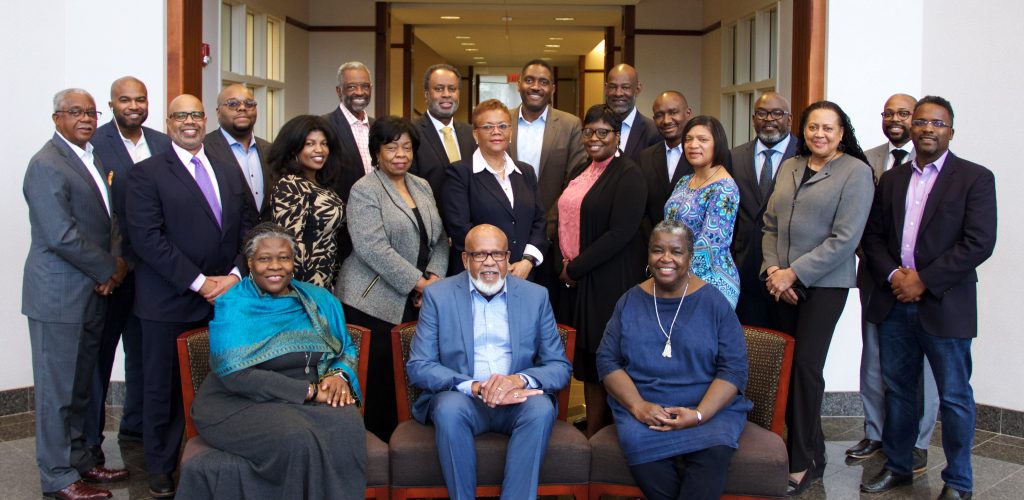
Together, we’ve built a movement. We’ve surpassed our fundraising goals, raising over $1 million in our first six months of operation. We’ve shaped public policy, uplifted our communities, and strengthened the financial, organizational, and political power of our members. To address the capital needs of members I added the Black Renaissance Fund which has raised more than $14M in capital within two years of launching.
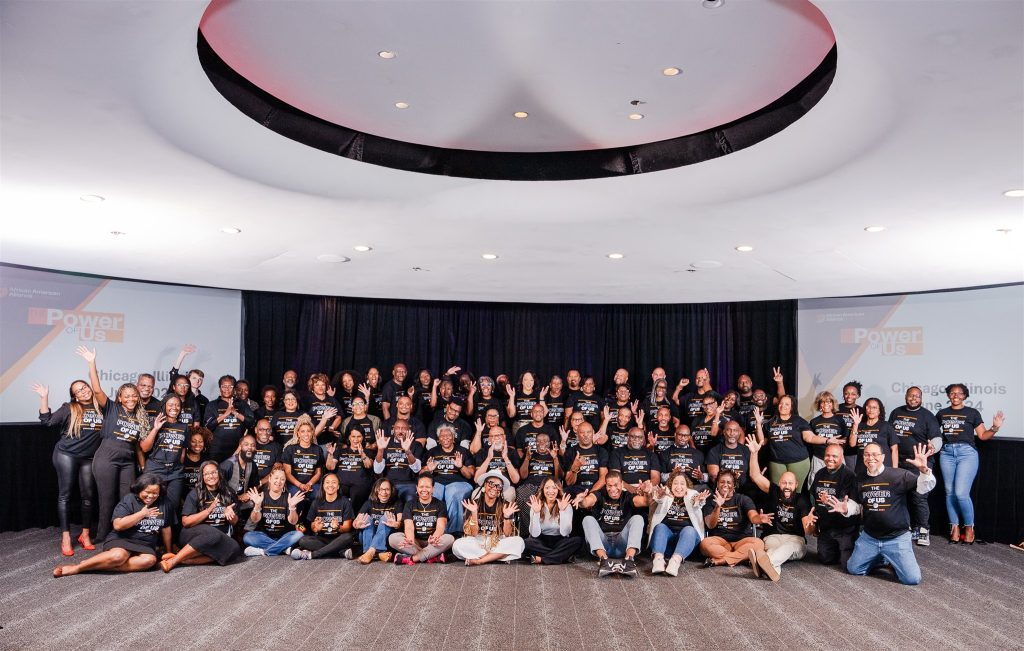
It’s been deeply personal. My work with HBCUs in North Carolina, my time serving Congresswoman Eva Clayton—who mentored me and with whom I had the honor of serving as Chief of Staff, even my service as a U.S. Army veteran has played a significant role.
Perhaps the most defining chapter of my career was the decade I spent rebranding and transforming the NC Minority Support Center as its co-founder and President/CEO. What began as a small nonprofit evolved under my leadership into what is known today as the Carolina Small Business Development Fund—a lasting testament to the power of vision, persistence, and belief in the brilliance of Black entrepreneurs.
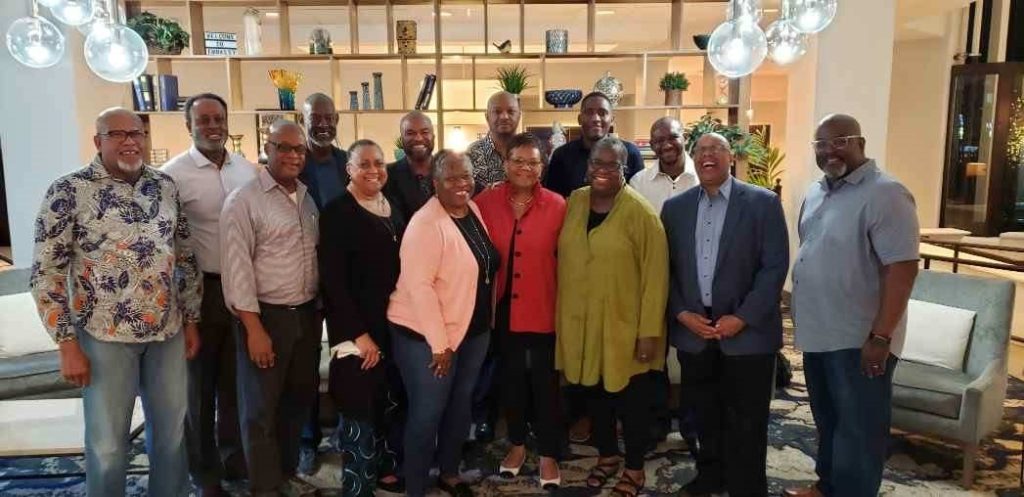
Still, my greatest personal delight has been the 23 years I spent pastoring—walking with people through their joys, struggles, and triumphs. That experience gave me not only a deeper understanding of service and faith, but a constant reminder that leadership is about love, accountability, and lifting others up.
And while I’m proud of our wins, I’m most proud of the people: the CEOs, entrepreneurs, community leaders, and staff who’ve made this mission come alive. I’ve seen firsthand the resilience and genius in our communities, and I’ve fought every day to make sure they have the capital, the policy support, and the respect they deserve.
But the sweetness in this moment comes from knowing the work will continue—and thrive—under new leadership. I am honored to pass the baton to Amber Banks-Bond, a powerful sister with the heart, vision, and tenacity to lead the Alliance into its next chapter. Amber understands the legacy we’re building because she’s lived it. She brings fresh eyes, deep wisdom, and a fierce love for our people. I know her well, spending over 12 years watching her grow, being challenged and stretch as an awesome leader.
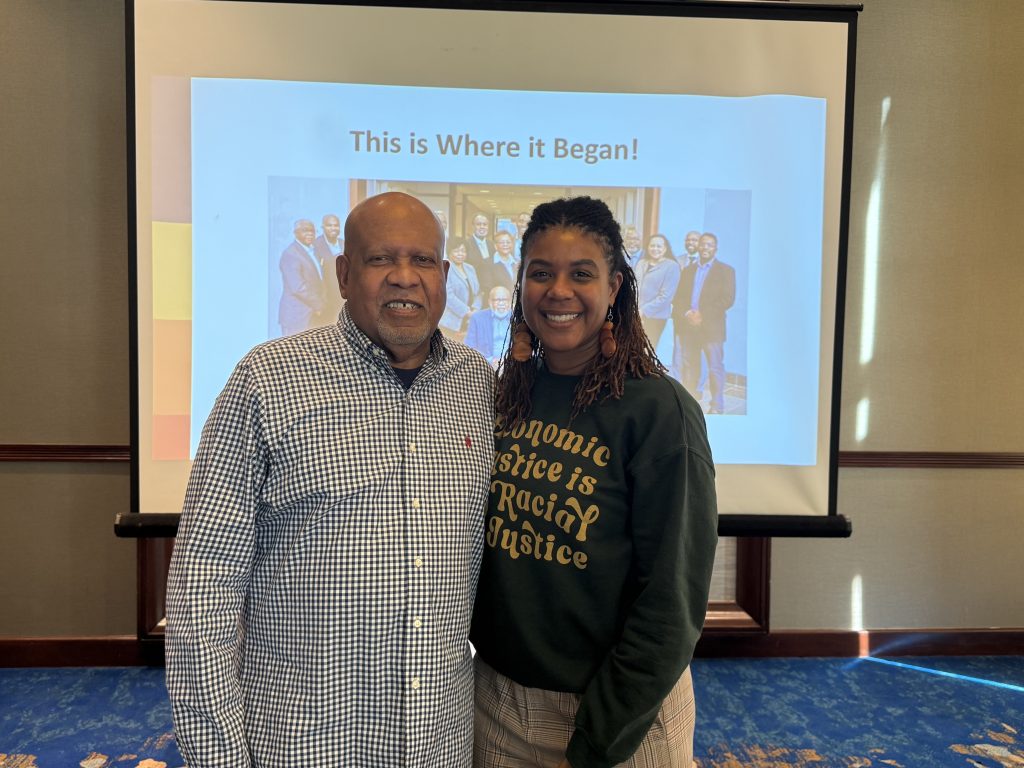
I’ll be taking time over the next several months to visit many of you during our Thank you Tours—to say thank you, to reflect, and to celebrate what we’ve built together. And at our Annual Conference in June, I look forward to standing beside you one more time to affirm this movement, this mission, and this moment.
So yes, my friends, it is bittersweet. But more than anything, it is beautiful. Because we are proof that when Black leaders come together, rooted in purpose and powered by our collective voice, we can and will move mountains.
Thank you for believing in me. Thank you for believing in us. And thank you for continuing this fight for economic justice—for our people, and for generations to come.
With love and deep gratitude.
Be Steadfast!
Lenwood V. Long, Sr.
CEO
African American Alliance of CDFI CEOs

